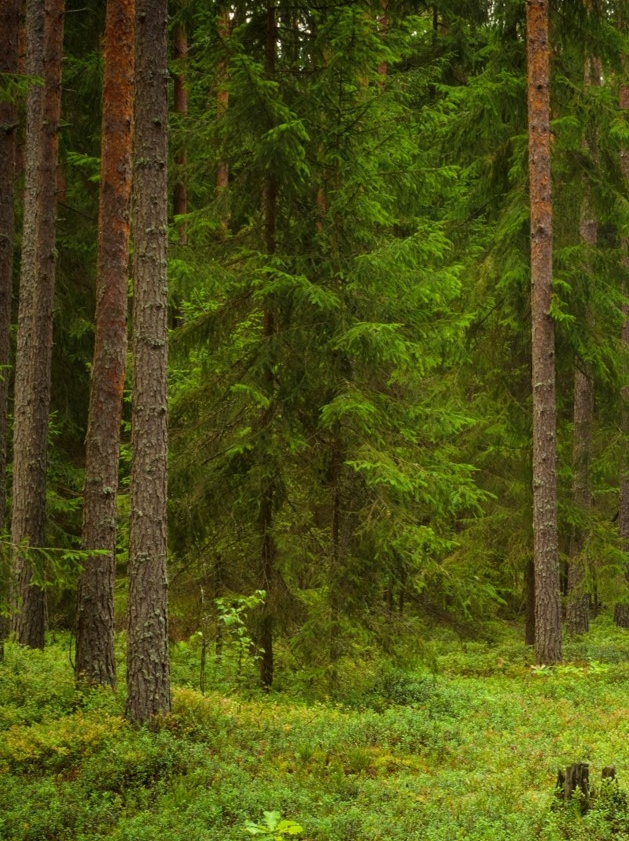USE OF BIOMASS, RESIDUES, AND WASTE FOR CLIMATE CHANGE MITIGATION
Biomass, residues, and waste fractions from forestry, agriculture, and other parts of society may be used as renewable feedstocks for biorefineries that produce fossil-free energy carriers, chemicals and materials and thus contribute to climate change mitigation and improved energy security. Such utilization of bio-based resources and process solutions will be an integrated part of the energy system and contribute to the national development towards a sustainable society and fossil-free welfare country. When combined with carbon capture and storage (BECCS), bioenergy may contribute with negative emissions, something which many believe is likely to be required to meet targets agreed in international climate change treaties. However, care must be taken in all steps of the value chain to ensure long-term sustainability.
New resource-efficient conversion processes and innovative bio-based products are important parts of a future bioeconomy.
Further reading
Fact sheet from f3 Swedish Knowledge Centre for Renewable Transportation Fuels, 2021.
The use of forest biomass for climate change mitigation: dispelling some misconceptions.






